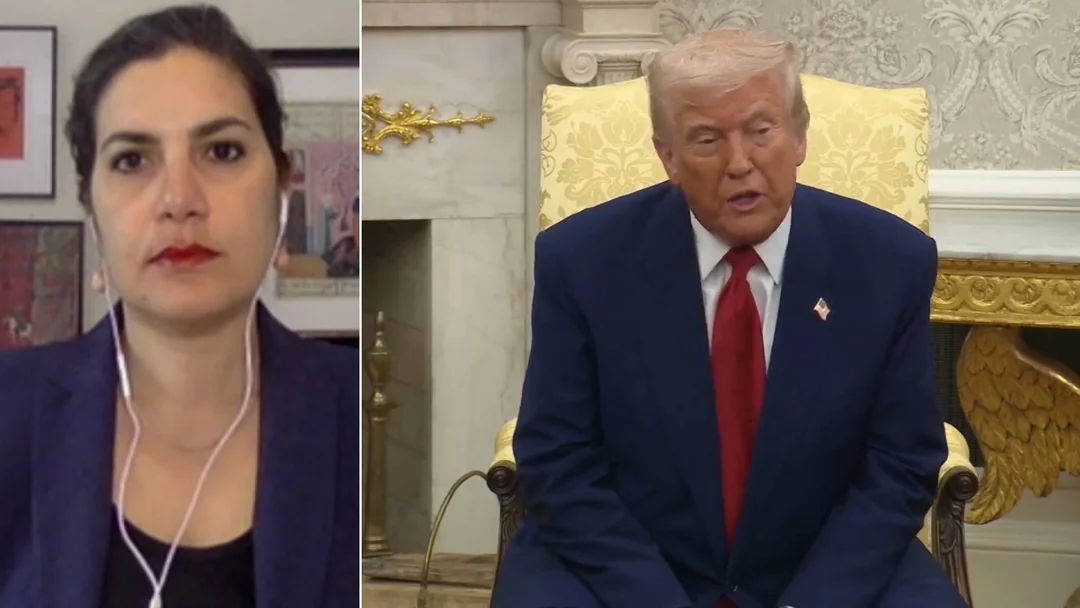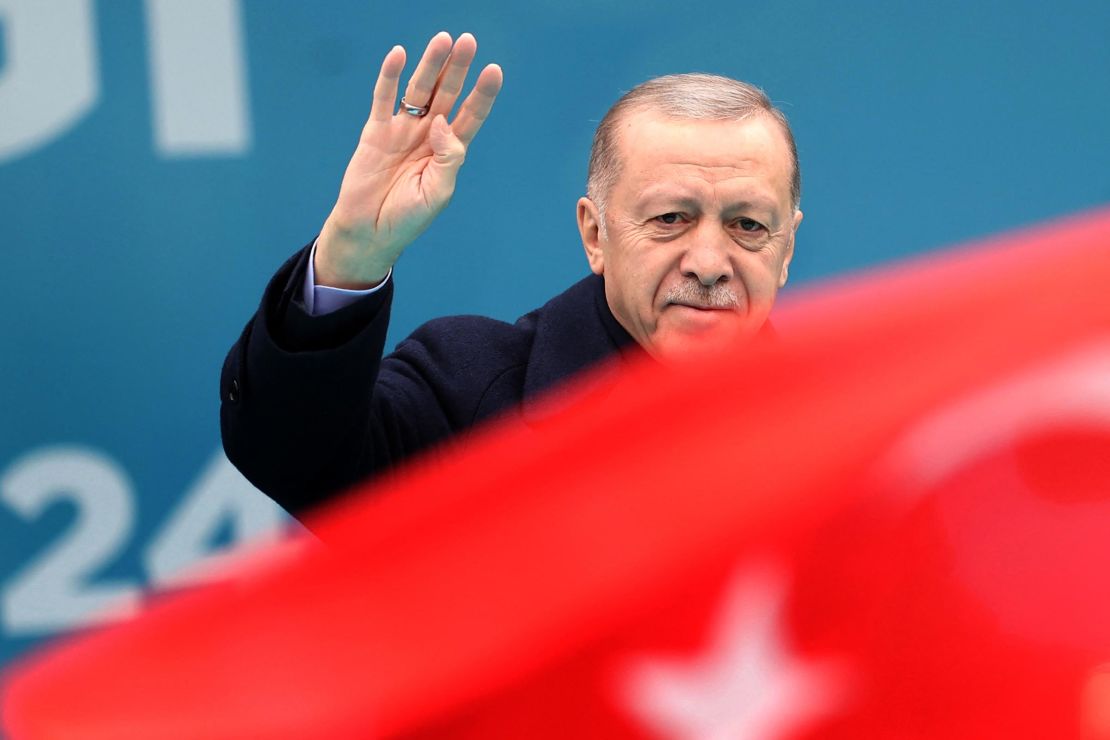
Netanyahu Leaves Washington Empty-Handed As Trump Surprises With Iran Talks And Shifting Alliances
Israeli Prime Minister Benjamin Netanyahu’s highly anticipated visit to Washington this week ended with far fewer political triumphs than he had hoped, underscoring a shifting dynamic between Israel and the United States amid mounting regional tensions. Instead of clear wins on tariffs or Iran, Netanyahu returned to Israel empty-handed and seemingly blindsided by President Donald Trump’s sudden diplomatic overtures toward Tehran.
Central to Netanyahu’s agenda was the recent imposition by the White House of a 17% tariff on Israeli exports. In an attempt to ease tensions, Israel had unilaterally slashed its tariffs on American goods to zero the day before the meeting. Despite Netanyahu’s optimistic vow to “eliminate trade barriers and deficits very quickly,” Trump bluntly refused to commit: “Maybe not,” he quipped, noting Israel already receives $4 billion annually from the U.S. “Congratulations, by the way. That’s pretty good,” he added. Netanyahu, long-accustomed to political gifts from Trump in past years—including embassy moves and Golan Heights recognition—left without the tariff relief he sought.
Yet the real bombshell arose over Iran. Israeli media had speculated the summit would pave the way for military action, bolstered by the visible U.S. military buildup in the region. Instead, Trump stunned Netanyahu by announcing imminent U.S.-Iran talks set to begin in Oman on Saturday. According to CNN sources, the revelation was "certainly not" to Israel's liking and appeared to catch Netanyahu and his advisers off guard, as the premier’s smile faded noticeably.
Trump’s remarks underscored this new diplomatic push—but came laced with threats. "If talks aren't successful with Iran, I think Iran is going to be in great danger," he warned during a joint press conference, adding that Israel would “obviously be very much involved” in any potential military action. This carrot-and-stick approach was dissected by experts. Journalist Negar Mortazavi noted the administration was relying on its “peace through strength” playbook—pressure paired with the lure of diplomacy—despite such tactics failing previously. Nonetheless, both Iran and the U.S. have agreed to indirect negotiations in Oman, with Iran demanding goodwill gestures amid the continued barrage of U.S. sanctions.
The sudden diplomatic swerve complicated Netanyahu’s position. Back home, critics argued that if Israel was left out of the loop, it risked diminishing its influence on existential security matters. “If Trump started negotiations without our knowledge, he’s representing only American interests,” said researcher Ronni Shaked, lamenting Israel’s exclusion from shaping policies deeply affecting its security.
Beyond Iran, the Oval Office optics raised eyebrows. Amid ongoing Gaza conflict fallout, Trump praised Turkish President Recep Tayyip Erdogan—a fierce Netanyahu critic who recently invoked divine punishment against Israel. "I have great relations with Erdogan...he’s very smart," Trump said, referring warmly to the Turkish leader even after his incendiary rhetoric.

Trump attempted to offer Netanyahu some cover by highlighting their cooperation on freeing Israeli hostages held in Gaza and musing about the war’s inevitable end. Ironically, a ceasefire—something Netanyahu’s far-right coalition fiercely opposes—would pose a political headache rather than a blessing for him.
Israel’s former envoy Alon Liel called the Erdogan praise a “very small part” of the meeting but “very meaningful,” highlighting the geopolitical complexities now facing Netanyahu: absent tariff relief, surprised on Iran, and confronted with Trump’s warmth toward a regional rival. Analyst Shaked summed up bluntly, “Bibi is coming back home with empty, empty hands.”
This summit’s outcome reveals a diplomatic recalibration with high stakes far beyond trade. Will Trump’s mix of pressure and outreach with Iran yield a breakthrough or escalate tensions further? And does Israel’s sidelining mark a mere tactical moment or a deeper shift? Readers, what’s your take on this tangled web of diplomacy—strategy or misstep? Share your thoughts below.